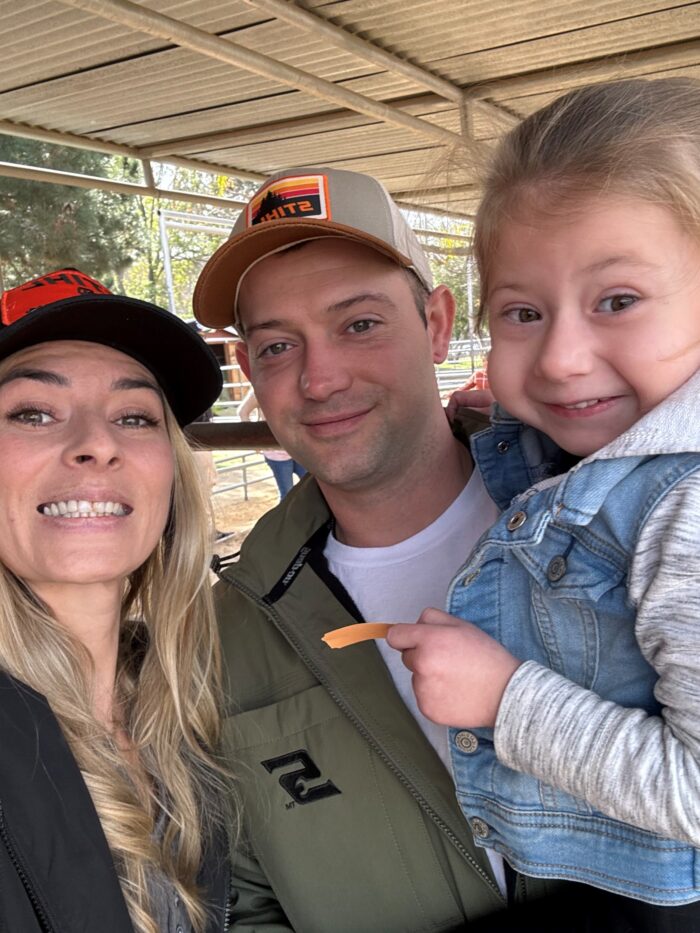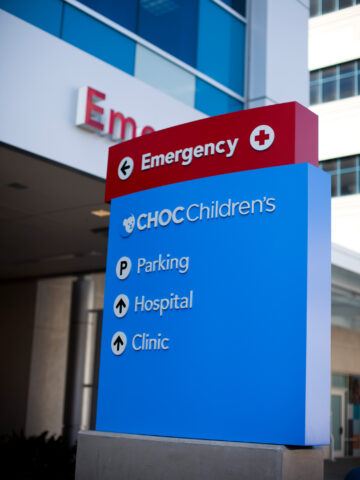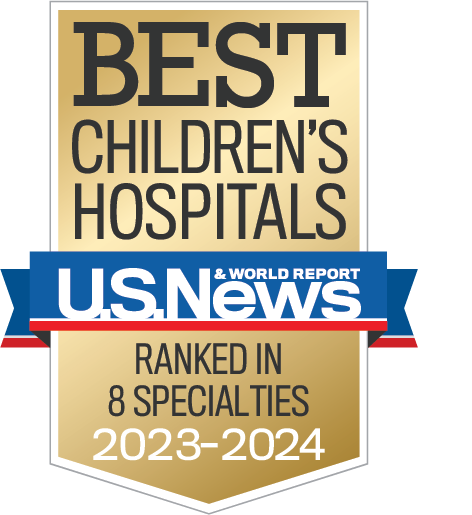A standardized surveillance program for children with congenital heart disease (CHD) as they grow to adulthood is proving to be very successful, according to a study that illustrates CHOC’s evolving reputation as a leader in cardiac neurodevelopmental services — nationally and abroad.
Launched in July 2022, the program monitors children born with serious heart defects who, as they develop, have a high risk of experiencing developmental delays, cognitive impairments, learning disorders, ADHD, autism, and mental health difficulties, and ensures these children are referred to the CHOC Heart Institute’s Cardiac Neurodevelopmental Clinic (CNC).
The journal Pediatric Cardiology published the study, “Effects of Implementing a Standardized Surveillance Program on Cardiac Neurodevelopmental Program Referral Completion,” in February 2024.
‘Accomplished a lot’
The formal surveillance program was jointly developed by CHOC neuropsychologists and cardiologists. It has resulted in a 66.7% increase in referral volume and a 36.8% increase in referral completion for the CNC. These rates traditionally have been hampered by high no-shows, a lack of education, and inaccessibility for underrepresented populations.

The study was led by Dr. Alexander Tan, who was recruited to CHOC in 2020 to grow the cardiac neurodevelopmental program’s clinical services, research outcomes, and national reputation.
“We’ve accomplished a lot, and this study demonstrates we’ve been doing a good job,” said Dr. Tan, who has a Ph.D. in clinical psychology and is board certified in pediatric neuropsychology.
CHOC’s cardiac neurodevelopmental program is the only Cardiac Neurodevelopmental Outcome Collaborative (CNOC)-recognized one in Orange County, and one of only five in California.
Living longer
Monitoring newborns with complex CHD as they transition to adolescence and adulthood has become increasingly important because such patients are living longer due to advances over the last decades in surgical techniques and medical therapies.
CHD affects 40,000 newborns each year, making it one of the most common developmental abnormalities. Over 90 percent of children with CHD are expected to survive into adulthood.
CHOC’s standardized surveillance program includes a checklist administered by cardiologists during medical visits. The purpose is to systematically screen for neuropsychological concerns and family interest warranting referral for evaluation.
Handouts and educational materials also improve family education.
Noa Meade, 4, had been followed at CHOC since birth. She was born with tetralogy of Fallot and DiGeorge syndrome.
“(Pediatric cardiologist) Dr. Nita Doshi is really good at educating us about all the services that are available to us, and it was her recommendation for Noa to visit the Cardiac Neurodevelopmental Clinic,” said Noa’s mother, Taylor.
“The process was very supportive and seamless in helping us get all the things so that Noa didn’t continue to fall behind and to get where she needs to be,” Taylor added. “We knew she had delays, but the evaluation was helpful in identifying her strengths and weaknesses and what the best treatment would be.”
Following Dr. Tan’s recommendation, Taylor said Noa has benefitted greatly from ABA (applied behavior analysis) therapy.
“Her language has improved, her attention span is getting better, she’s not as scared socially, and she’s actually playing independently and with more imagination,” Taylor said. “We love it there. It’s been amazing.”
Outreach to Hispanic, Asian patients
According to Dr. Tan, pediatric neuropsychologist Dr. Ana-Mercedes Flores, who was recruited to CHOC in 2023, has been key to expanding the services of the CNC to early childhood and Spanish-speaking families.
“We’ve focused a lot of our efforts on working with Hispanic and Asian children, and CHOC is now on the forefront of creating guidelines to work with these populations,” Dr. Tan said.
Results of the CHD surveillance program have demonstrated a significantly high proportion of completed referrals for patients identifying as Hispanic/Latino within the overall distribution of patients, Dr. Tan said.
Implementation of a standardized surveillance program with appropriately translated materials, attention to health literacy, and collaboration with parents in the referral process was especially critical for patients from historically marginalized groups, he added.
“I’ve had the opportunity to contribute to the amazing efforts of CHOC’s cardiac neurodevelopmental program over the past year and a half,” Dr. Flores said. “This work has allowed me to help introduce patients into the CNC at a critical time in development through early neurodevelopmental evaluations. I look forward to continuing to support these important endeavors as the program continues to grow.”
Dr. Flores’ efforts have been bolstered by Dr. Tan’s national work related to DEI (diversity, equity, and inclusion) in neuropsychology.
He’s currently participating in creating best-practice guidelines for cardiac neurodevelopmental evaluations with diverse children in collaboration with CNOC, the Hispanic Neuropsychological Society, and the Asian Neuropsychological Association.
Dr. Tan’s team also has implemented a CVICU (cardiovascular intensive care unit) book project to provide psychoeducation at the inpatient level immediately following heart surgery.
“This will increase continuity of care and family completion of future referrals,” he explained.

On the global stage
CHOC’s cardiac neurodevelopmental services are gaining recognition nationally and internationally, Dr. Tan said.
In August 2023, he and his team presented two talks and four scientific posters at the World Conference of Pediatric Cardiology and Cardiac Surgery in Washington, D.C.
The year before, they discussed the surveillance program at a CNOC conference in Montreal. His team also contributed to CNOC’s first major study highlighting barriers to cardiac neurodevelopmental evaluation attendance, published in the journal Pediatrics last September.
More studies on the efficacy of the surveillance program and the neurodevelopmental outcomes found as a result will be forthcoming as additional data comes in, Dr. Tan noted.
To date, more than 200 patients are participating in the surveillance program, he said.
“We hope our surveillance program can be a model for programs across the country of how we can find innovative ways to improve our education about cardiac neurodevelopment for these families and help connect them to all the services and supports their children need.”




